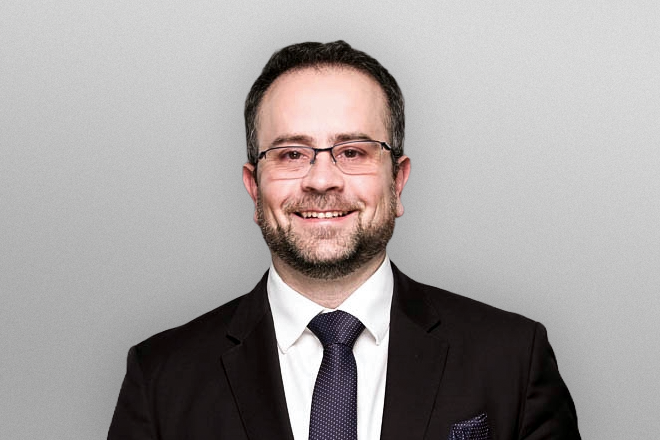For anyone having a stroke, every second matters. A delay in analysing a brain scan can be the difference between recovery and tragedy. That’s what Michalis Papadakis and Alastair Buchan’s medtech company, Brainomix, aims to prevent.
Papadakis was scientific director of Oxford University’s preclinical stroke lab, working alongside Buchan, who created the renowned ASPECT score that’s used worldwide to assess stroke severity, when AI reared its head.
“Our research focused on protecting the brain after a stroke, and on finding biomarkers to identify if a stroke had occurred,” Papadakis explains. “Frontline physicians are not stroke experts. We thought, ‘if we can automate the analysis of a patient’s brain CT scan, we empower even less experienced doctors to make timely decisions.’”
In stroke care, time is literally brain: every minute without treatment costs nearly two million brain cells. Life-saving treatments such as thrombolysis and thrombectomy exist, but 80% of eligible patients miss out because doctors cannot confidently interpret CT scans fast enough.
Brainomix set out to fix this. Its 360 Stroke platform is now installed in 350 hospitals across 20 countries, including the NHS. Within three minutes of a CT scan, the software automatically highlights blocked blood vessels and brain tissue at risk. Results are instantly sent to a mobile app, alerting physicians in real time. “It saves time — and lives,” Papadakis says.
The company’s turnover from licensing its technology reached £5 million last year, growing more than 30% annually. After early backing from Oxford University’s innovation fund, Brainomix later secured a £633,000 Innovate UK grant; a £14 million Series C this year brought total funding to £44 million. With 80 employees and now backing from the US regulator the FDA, the company is expanding from its Oxford HQ into the US, Asia and Latin America, while applying its AI to new areas such as lung fibrosis.
“There’s similar unmet need, and the same patient pathway,” Papadakis says. Last year, Brainomix technology was used for every stroke patient across Wales. The co-founder recalls one case in particular: a young mother whose stroke was quickly diagnosed, enabling doctors to perform a thrombectomy in time. “She said, ‘because of this, I can go back to being a mum.’ It was one of the most sobering moments — a reminder of how powerful this technology is. Science is my passion, but my mission is clinical impact. Yes, AI has its negatives, but we don’t highlight enough the lives it can change.”
Read more about Brainomix via their website and read more of our scaleup stories here.

Michalis Papadakis, CEO and Co-Founder of Brainomix
